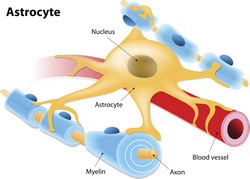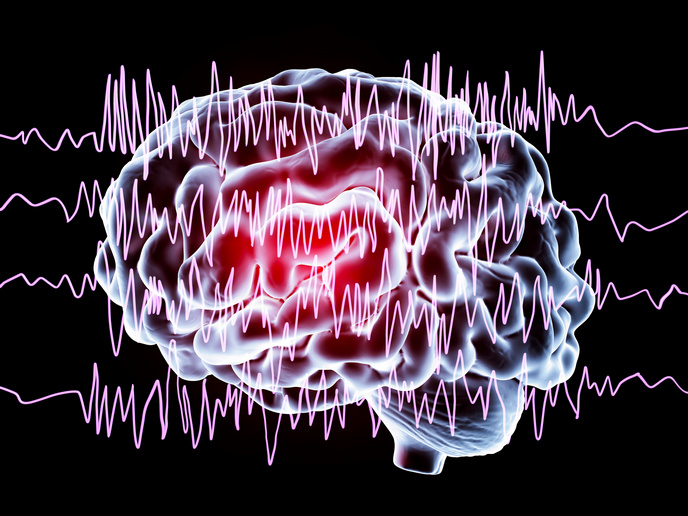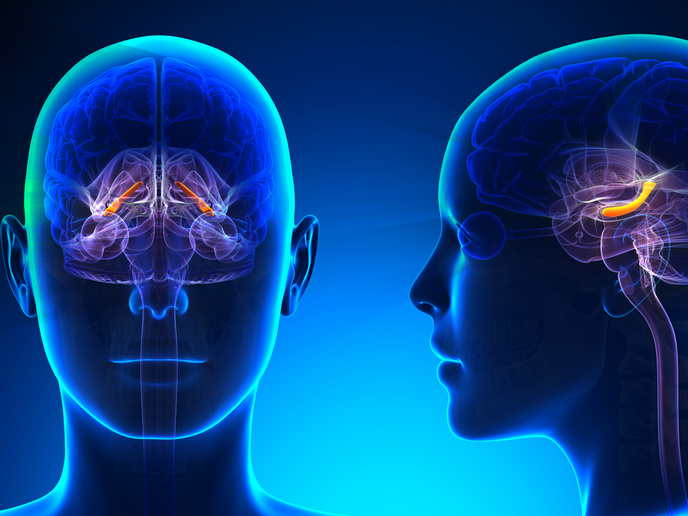Astrocytes and stress
Identification of modifications to the brain triggered by chronic stress could point to new therapies to control resulting stress. Research has already shown that there are clear morphological changes in neurons in the hippocampus and prefrontal cortex (PFC) after a long exposure to stress. The EU-funded STRESSEDASTROCYTES (The interplay between astrocytes and neurons in the progression of stress-induced cognitive disorders) project has looked at astrocytes because they modulate neuronal activity through cross-talk. To test the role of these star-shaped cells, the researchers developed two mouse models. One was characterised by astrocyte loss and in the other, the dnSNARE model, the astrocytes were blocked from secreting astrocyte-specific substances in the PFC. Behavioural data showed the mice suffered from attention shifting, and affected working memory and reversal learning ability. Analysis of brain sections showed that astrocyte loss was accompanied by neuronal loss and dendritic atrophy in the surviving nerve cells. Interestingly, astrocyte dysfunction after chronic stress exposure triggers anti-anxiety behaviour. It seems that neuronal networks are more affected by lack of synchrony between regions and this is compensated for by recruitment of additional regions. STRESSEDASTROCYTES results suggest that astrocyte loss causes neuron loss with cognitive impairment that mimics psychiatric disorders related to chronic stress exposure. The study has been published in the high-profile Molecular Psychiatry Journal of Nature. It seems then that caring for astrocytes will prevent deleterious impact on neurons. Searching for drug targets that protect astrocytes could be a worthwhile avenue for research into MDD therapy.







